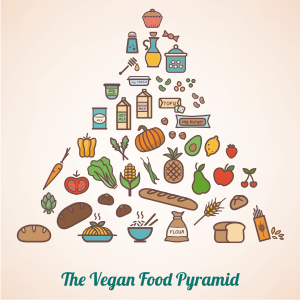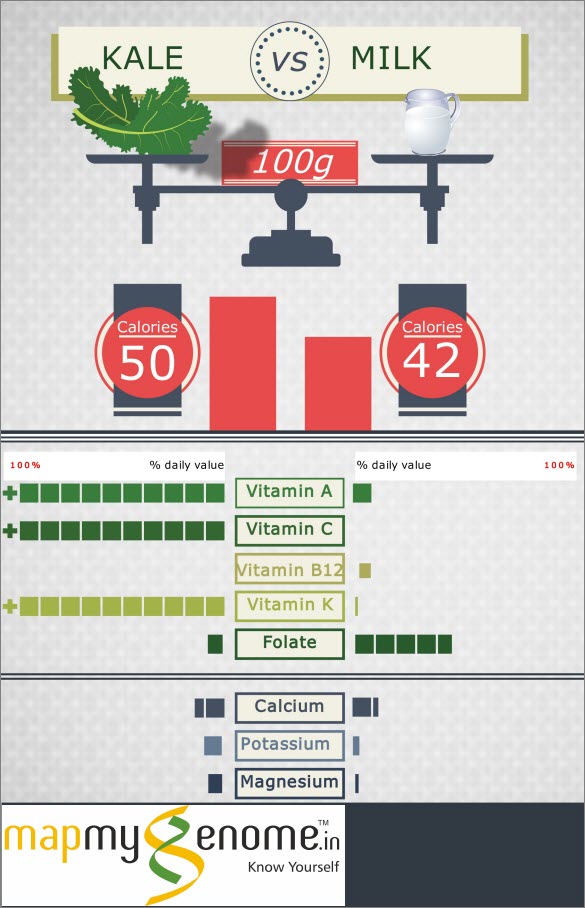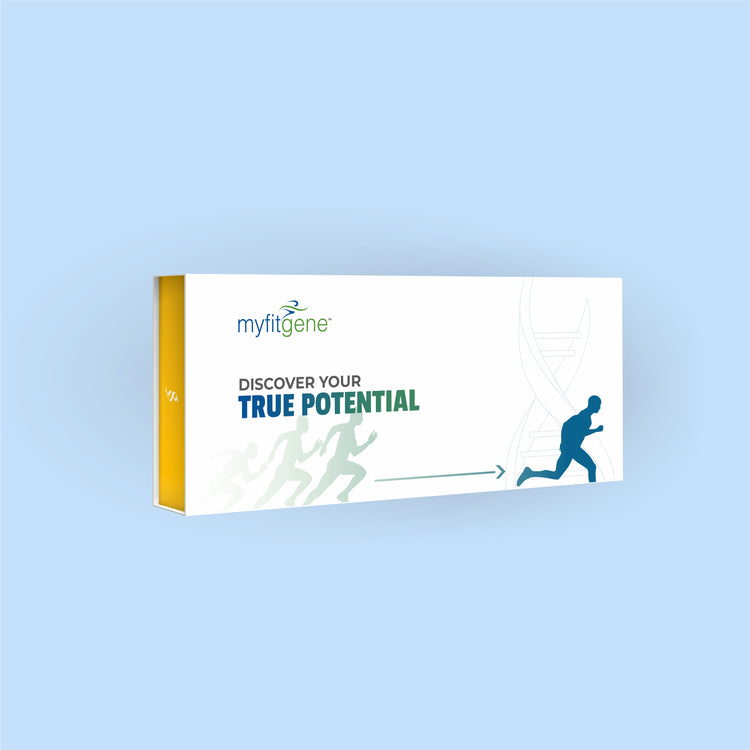Vegan Diet: Do It Right
Dec 07, 2015
7273 Views
It is universal knowledge that a vegan diet offers definite nutritional and therapeutic advantages – immunity boost, improved gut microflora and more. What is less known is the right route for switching to a strictly vegan diet from a regular diet.
If you must transition, take the right steps towards supplementing your body with all essential forms of fuel- carbohydrates, protein, fibre, fat, minerals and more.
A vegan diet is free from meat, dairy, fish and eggs. These are dietary sources of vitamins, minerals, fat (necessary aka “good fats”) and protein. So how do you ensure adequate nutrition, for good?
Road Map for the Vegan Switch
Walk towards veganism with a steady plan -diet wise and fitness-wise!

Critical Calcium
There are conflicting results from scientific studies, which show a lower calcium index for vegan diets-need we say more? Keep your bones strong by eating plenty of dark green leafy vegetables or by spreading some almond butter on your (vegan) bread sandwich. Tofu, kale, soybeans, blackstrap molasses and calcium- fortified soymilk are other sources. You may also choose to take a calcium supplement (talk to your doctor about this).
Vital Vitamins
Vitamin B12 and Vitamin D are vital for our well-being. Experts recommend 5-30 minutes of sun exposure 2-3 days a week. However, if you are sensitive to the sun and/or tan easily, stock up on Vitamin D2-fortified soymilk and rice milk. Vitamin B12 deficiency results in serious health complications, such as anaemia and neurological damage. Vegans must ensure adequate supplementation through fortified foods or chewable B12 tablets.
Precious Protein
Meat and dairy alternatives are a must-have in a vegan diet. These can be included in a lunch meal- e.g., kidney bean or legume-based curry, or prepared as a snack, e.g., boiled chickpeas or a few hazelnuts. Soy and soy products are a great addition to meals because of their high protein content. The ever-popular peanut butter is a lifesaver for regular protein intake and a healthy snack.
Basics for the Brain
For the very important Omega 3 fatty acids – walnuts, tofu and flaxseeds are good vegan choices.
Major Minerals
Iron and Zinc, to name a few, are essential. Due to a restricted, purely plant-based diet, some studies show that vegan subjects are at high risk for low levels of zinc and iron. Iron from plant sources, or non-heme iron, has proven to be less effectively absorbed than iron derived from animal sources (meat). Vegans need to consume more dietary iron than their non-vegetarian counterparts- meals must contain a generous helping of beans, cooked spinach (Go Popeye-style!) and nuts (almonds, sesame seeds, pumpkin seeds etc). Vitamin C rich foods must be accompaniments to these meals, to enhance iron absorption. For example, add a dash of lime to your cup of green tea, or cook some potatoes in their skin for a side platter!

Triple power to your new diet
At Mapmygenome, we can tell you about the diet pattern that works for you. Understanding your appetite, metabolism, fat storage capacity, and other relevant factors can help you make a long-term switch towards a healthy diet. It works like this:
- Our tests analyze your diet and physiology at the DNA level.
- Our genetic counsellors then correlate these findings with health history and recommend action plans for a healthier life.
- Our nutrition counsellors give you personalized diet advice and plans based on your DNA and genetic counsellors’ recommendations.
Choose MyFitGene to move to a healthy lifestyle and do more. Today!

